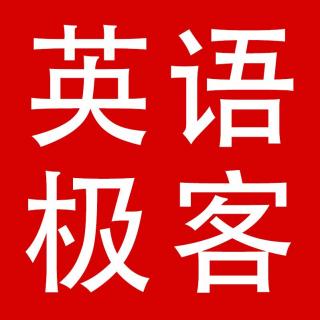
介绍:
Taboos in foreign countries
1. Filling Your Own Glass in Japan
和日本朋友一起喝酒时,你若只盛满自己的酒杯,是会被认作无礼的。在日本,给所有的其他人(不包括自己)添满酒杯才合乎礼节。当你为他人满上酒杯时,他们会返还这种礼节,也给你满上。
Fill [fɪl] v. 装满,使充满;满足
Fill in 填写,填充 Fill with 使 ... 充满,用...装满 我心中充满了回家的渴望I am filled with desire to go back home.
Etiquette [ˈetɪket] n. 礼节,礼仪;规矩 =manner
2.Don’t Take the Back Seat in Australia or New Zealand
在澳大利亚或是新西兰,如果你是独自一人坐计程车,记着要坐在前排。对于计程车司机而言,坐后排的乘客自命不凡
Seat n.座,座位 Take a seat=have a seat 坐下,就坐
3.Doing the Thumbs Up!
对绝大多数人而言,竖大拇指表示“没问题”,是个意义积极的手势。然而在其他一些国家,像是澳大利亚、希腊或中东各国,竖大拇指意味着“去你的!”
Thumb n.拇指,作搭车的手势
Thumbs up!好哇!棒极了!(鼓励他人) 打起精神! 如果表示 不中用;糟糕;完蛋了 [口语]反对;拒绝;抛弃 表示反对(或失败)的手势 Thumbs down! when we gesture the thumb down to someone,it means you are a loser.
4. Eating With Your Left Hand
If you're in the Middle East, India, or Africa, be careful not to use your left hand when eating and passing food – only use the right. The left hand is known to be unclean and used for matters done in the bathroom, so eating with it will probably give you unwanted stares from the locals who've already lost their appetites.
你要是在中东地区、印度或是非洲,小心别用左手吃东西或传递食物,一定要只用右手。对他们而言,如厕时用到的左手不干净,所以当看到你用左手吃东西时,失去食欲的当地人很可能会瞪着你,这也是你不想看到的场景。
大家还在听

